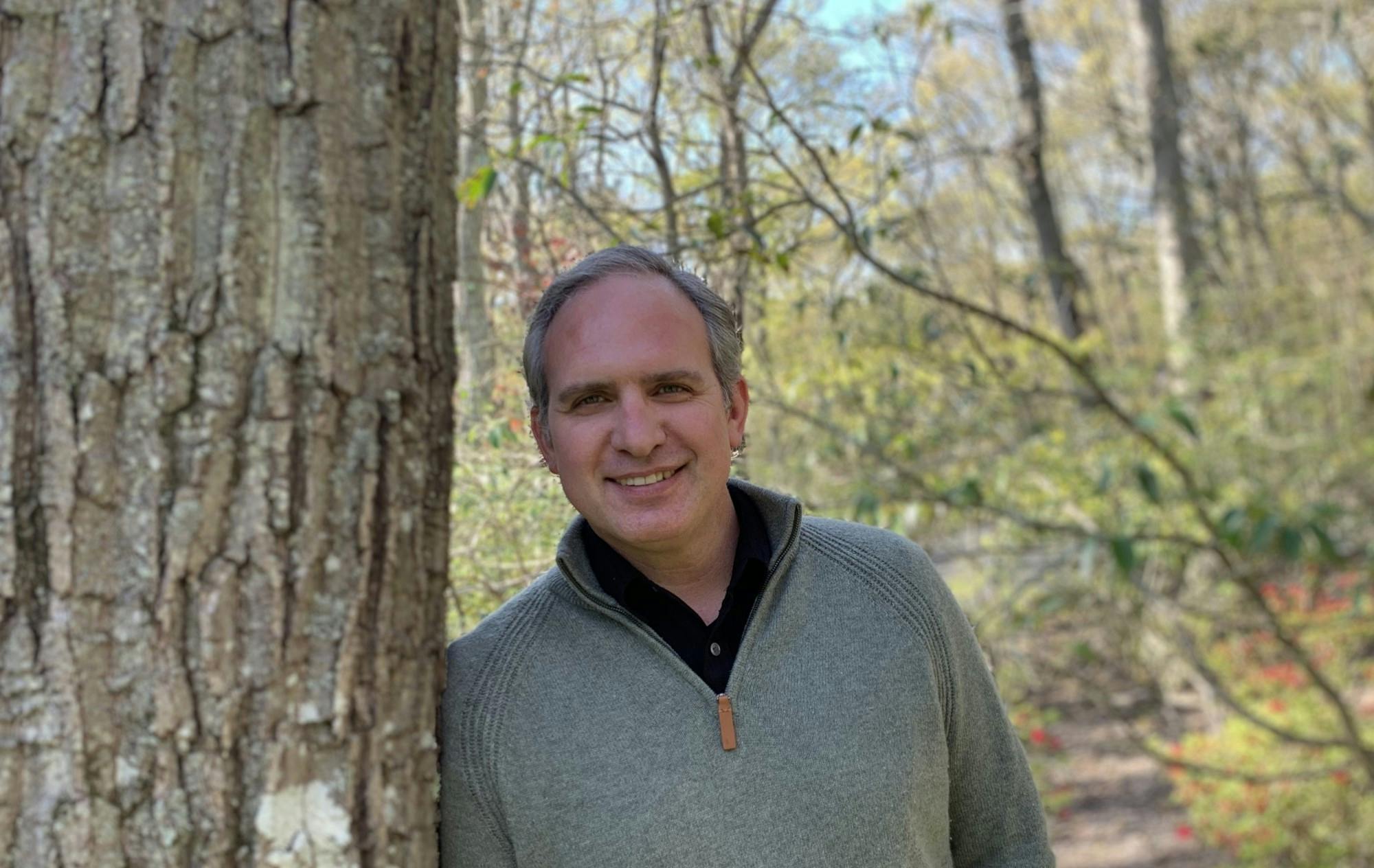Following a year-long international search, the College announced on Wednesday that Stony Brook University political science professor Jason Barabas ’93 has been appointed director of the Rockefeller Center for Public Policy. Barabas currently directs the master’s program in public policy at Stony Brook and will begin his position at Dartmouth, where he will also teach as a government professor, on July 1.
Barabas worked in the Illinois governor’s office from 1993 to 1995 before obtaining a Ph.D. at Northwestern University in 2000 and launching his career in academia. Since 2013, Barabas has taught political science at Stony Brook, specializing in American politics and public opinion.
As an undergraduate at Dartmouth, Barabas majored in government and worked with the Rockefeller Center to intern at the White House. As a senior, he wrote an honors thesis on his experience at the White House and won the government department’s Pressman Prize, awarded to a senior who has written an outstanding thesis in American government or politics.
Barabas credits his time at Dartmouth and his work with the Rockefeller Center as “creat[ing] this intense desire to understand the political world.”
“This is really where it all started,” Barabas said. “I spent many days, nights, afternoons [and] evenings in the Rockefeller Center and in Silsby [Hall]. That set the stage for decades’ worth of experience in each of those areas — in state government, in academia and in trying to contribute to the public policy discussion as well.”
Barabas said that he is most looking forward to being able to “kindle that same sort of introspection” in Dartmouth students. Rockefeller Center interim director and government professor Russell Muirhead said that over one-third of students at Dartmouth will interact with the Rockefeller Center at some point over their four years, through either its public policy classes or co-curricular programming.
“I want to repay all the people who spent many hours with me over the years who have helped my career, helped my intellectual development and just been a friend,” Barabas said. “I hope that I can make people excited about really wanting to understand the world.”
While economics professor Andrew Samwick stepped down from the position of director to focus on teaching and research in June 2019, the search to fill the position began in the summer of 2018. At that time, Samwick was approaching the end of his third five-year term in the position — lengthy for a director — so a search committee for a potential new director was assembled, according to government professor Dean Lacy.
Lacy, who served on the committee, said that the group consisted of five professors from different departments, who gathered to form a search committee and draft an advertisement for the position to be shared on social media and in the Chronicle of Higher Education.
Lacy said that any candidate for director would also need to be hired as a tenured professor, so the search committee first narrowed the worldwide pool based on whether candidates would receive tenure at Dartmouth. He added that the process was “actually quite quick,” despite taking nearly a year.
He said that the search committee hoped to find someone who would continue to build on Samwick’s legacy.
“We wanted to bring in someone who would build on the work that's already been done — not try to start fresh,” Lacy said. “One of the reasons I think that professor Barabas was such a good candidate is because he respected the work that has already been done to make the Rockefeller Center what it is.”
While being an alumnus was not one of the criteria for selection, Lacy said that as a graduate of the College, Barabas is able to recognize “the importance of undergraduates to the mission of the Rockefeller Center.”
Lacy said that other applicants asked about graduate programs or public policy schools at Dartmouth, but the committee specifically looked for “demonstrated ability working with undergraduates.”
“Professor Barabas understood the balance between an undergraduate-focused public policy program and also the ability to support and enhance research that you'd expect out of graduate programs,” Lacy said. “Dartmouth and the Rockefeller Center are unique in that we expect the same level of research output as a top research university with graduate programs, but we're focused on teaching undergraduates.”
Muirhead said he felt that finding an alumnus to fill the position “was too good to be true.”
Barabas added that he appreciates Dartmouth’s culture and learning environment.
“I've worked in many university settings, but I also really appreciate the liberal arts tradition and how Dartmouth in particular works in that space,” Barabas said. “I was a beneficiary of the Dartmouth model, and I look forward to being able to continue that in the 21st-century environment.”
In the midst of the COVID-19 pandemic, Barabas said that he is excited to lead a center focusing on public policy and leadership “when the world needs all the help it can get in those areas.” He added that he hopes to support recent Dartmouth graduates in the job market by connecting them with the alumni base.
“[Graduates] are encountering a world that few of us have ever seen,” Barabas said. “Hopefully the Rockefeller Center can help them make that transition and also give them a lifeline if their internships dry up or if their job opportunities dry up.”
Barabas will be joined at Dartmouth by his wife — political scientist, frequent co-author and fellow Stony Brook professor Jennifer Jerit — who has also been hired in the government department.



